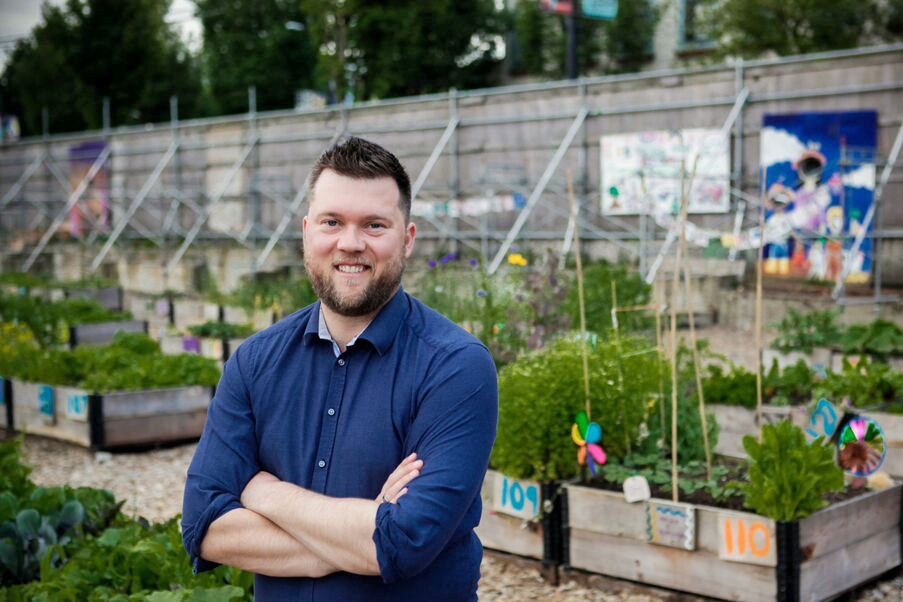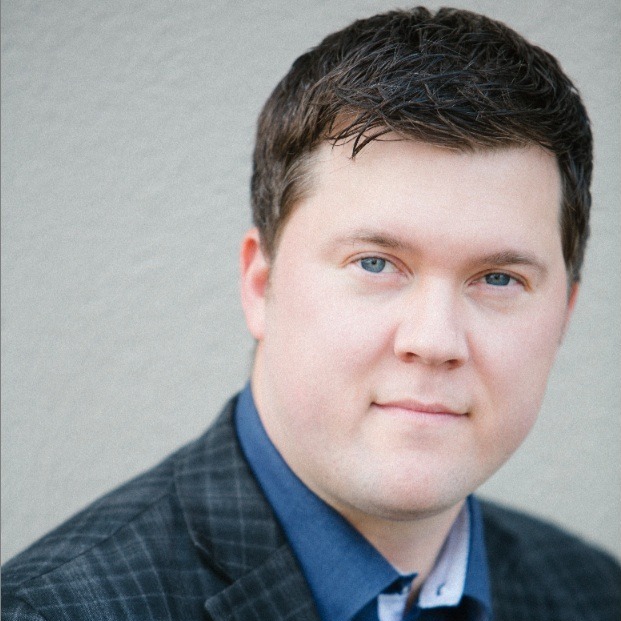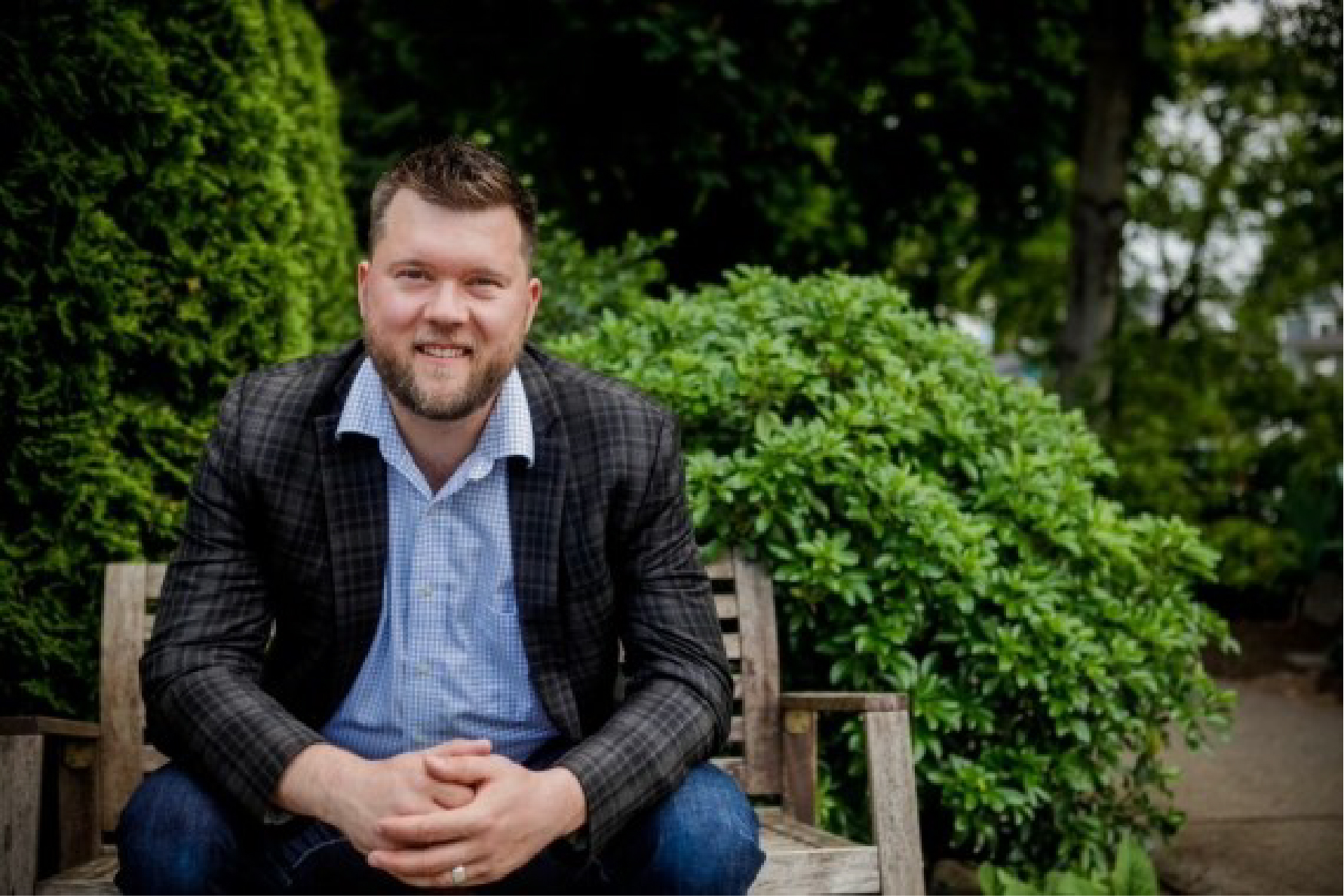Wesley (Wes) Regan
Being a public scholar falls somewhere in the same space as being a public intellectual in that there is a concern for not only communicating matters of concern about the world to your peers and accomplished academics whom you aspire to be in dialogue with and learn from, but to engage more broadly with publics who may be curious about those things you are too, practitioners looking for theories which may unlock keys to problem-solving (or problematizing for that matter!) or who are trying to put their finger on something but are frankly so busy doing the work that it's hard to devote the time and energy to intellectually grappling with something.
Research description
Wes’ research interests are concerned with issues of trust and distrust between the public and governments and the nature of communication and conflict in contentious planning processes. The particular focus of his dissertation research examines how the concept of ‘The 15-Minute City’ emerged as one of the most celebrated visions of post-pandemic urban planning in 2020 only to be recast by late 2022 as a tyrannical global conspiracy to introduce a coordinated ‘climate lock-down in cities and prevent people from travelling more than 15-Minutes from their homes. This conspiracist rhetoric, as sensational and hyperbolic as it may seem, managed to successfully mobilize opposition to routine planning work in the United Kingdom and Canada thanks to the influence of misinformation spreading online. This research examines both the particulars of public discourse regarding the rise, reframing, and 'weaponization' of the 15 Minute City, and the immediate implications to planning practice from public acts of resistance to planning predicated on misinformation and conspiracy theories pertaining to it. As planning at the urban and regional scales are considered key interventions in the global effort to combat climate change, it is important to understand why and how these forms of opposition emerge and how planners might respond as engagement with the public is considered a key part of how planning is done.
What does being a Public Scholar mean?
The nature of the relationship between academia and society and the practical applications of knowledge produced in universities is something that has been of great interest to me for several years. Being a public scholar falls somewhere in the same space as being a public intellectual in that there is a concern for not only communicating matters of concern about the world to your peers and accomplished academics whom you aspire to be in dialogue with and learn from, but to engage more broadly with publics who may be curious about those things you are too, practitioners looking for theories which may unlock keys to problem-solving (or problematizing for that matter!) or who are trying to put their finger on something but are frankly so busy doing the work that it's hard to devote the time and energy to intellectually grappling with something. Being able to plumb the depths of theory and take the time to engage in research and then be in dialogue with that broader public about what this means for society is super exciting to me.
In what ways do you think the PhD experience can be re-imagined with this Initiative?
I think there is always a risk that various forms of anti-intellectualism might emerge in society when so many resources, so much money, are poured into academic research that just seems to hover in the rarefied air of the 'Ivory Tower' instead of demonstrating its value in the world where people live, struggle, and strive. While I don't believe all forms of knowledge produced in universities need to be practical and translated into everyday terms that most people can understand and appreciate, I do feel that those forms that can be ought to strive for some relevance in discussions and applications outside the academy. Especially when so many people who complete a PhD don't go on to become professors and university researchers, finding work in the private sector, government, or NGOs instead.
How do you envision connecting your PhD work with broader career possibilities?
I suppose this question dovetails nicely with the previous one about re-imagining the PhD experience through the PSI. I'm very interested in one day becoming a tenured professor, but I have no misconceptions about how competitive academia is, especially for a smaller discipline like Urban and Regional Planning. So I have also found some inspiration in the idea of being a 'Pracademic' who is able to straddle professional, community, and academic spheres in the interest of linking knowledge with action.
How does your research engage with the larger community and social partners?
The Infodemic is a concept that emerged first in the context of public health, where I have worked since 2019. But the idea that there is an 'overabundance' of information, much of it misleading (if not outright brain-melting and radicalizing) that can confuse and polarize the public and undermine trust in institutions is something I see landing squarely in the work of urban and regional planning too. My near-term plans are to engage with both public health professionals and planners who have encountered forms of public opposition rooted in misinformation to understand how it is similar and different in their professional worlds and how they are both adapting and evolving their work in the face of such challenges. The nature of opposition to both public health interventions during the pandemic, and to urban planning directions in its aftermath, have frankly been, at times, of great concern to professionals and elected public figures because they have been so fundamentally nasty. Doxxing public health workers and intimidating them online or in person, shouting threats of violence at public meetings at planners and elected officials, the ability of conspiracy theories and misinformation to engender such anti-social behaviour has led to bodies like the Canadian Institute of Planners to issue public statements of concern as it tries to dispel the misinformation generating such emotionally charged forms of resistance. Right now my larger community and social partners consist of professionals in these two worlds, but I see the potential to grow beyond that in the interest of public discourse and democratic principles more broadly.
Why did you decide to pursue a graduate degree?
I was fascinated and horrified by what I was seeing and encountering working in public health during the Covid-19 pandemic as anti-government conspiracism, disinformation, and misinformation about covid and the public health response to it presented challenges to our work, dissolved relationships between friends and families, and appeared to radicalize so many people. I felt there were questions about the nature of the relationship between governments and the public, and how we communicate, which I didn't see being asked. I wanted to ask them.
Why did you choose to come to British Columbia and study at UBC?
I feel so blessed to live in Vancouver where one of the best universities in the world is literally right in my backyard, but I was considering other universities too. It was ultimately a discussion with one of the faculty members at SCARP that made the difference. They convinced me that the questions I was concerned with squarely landed in planning and there is no better planning school in Canada than SCARP to ask them.
Being able to plumb the depths of theory and take the time to engage in research and then be in dialogue with that broader public about what this means for society is super exciting to me.







